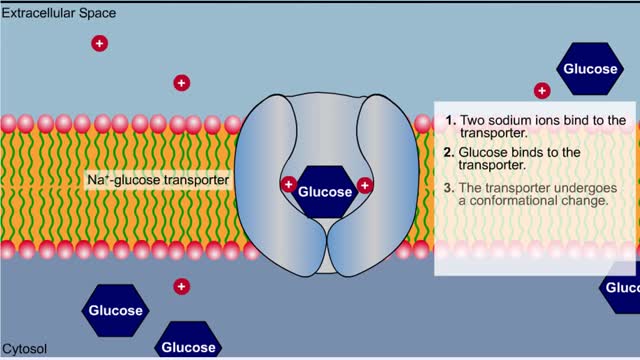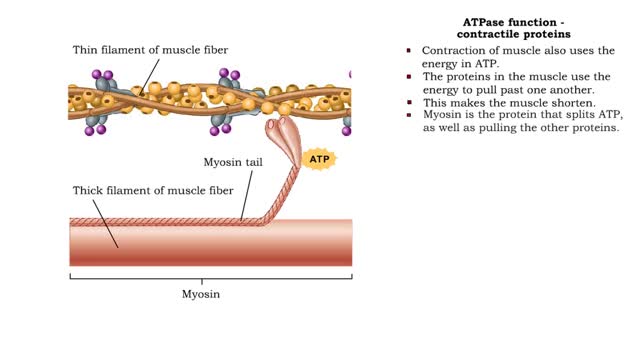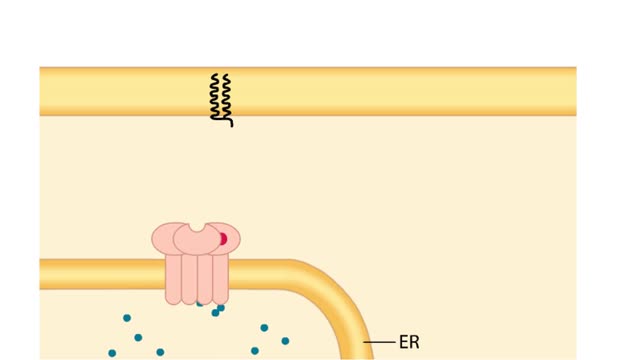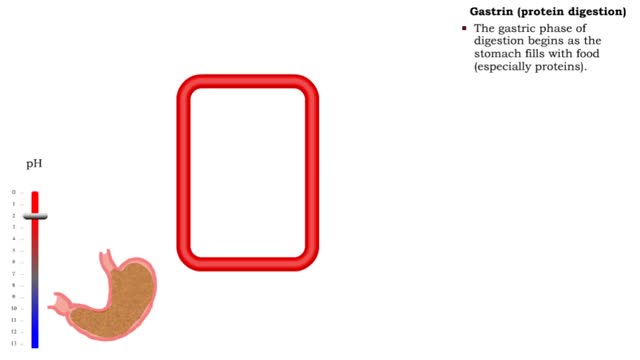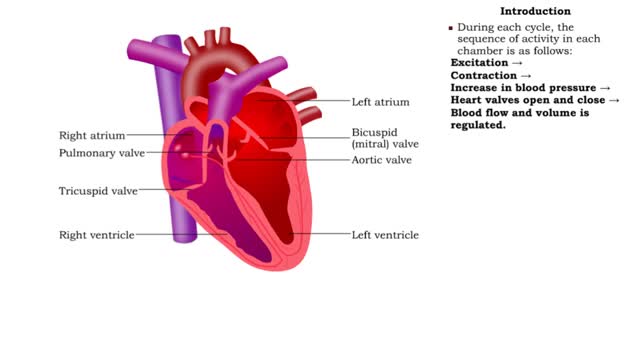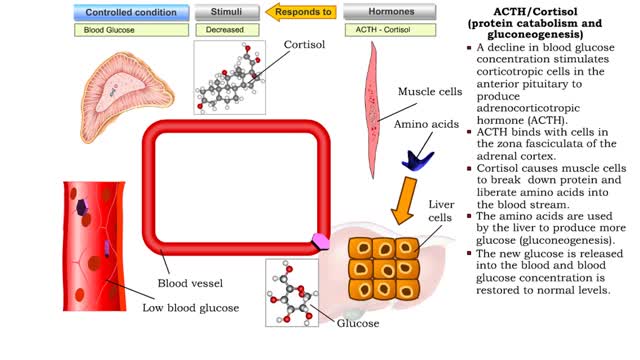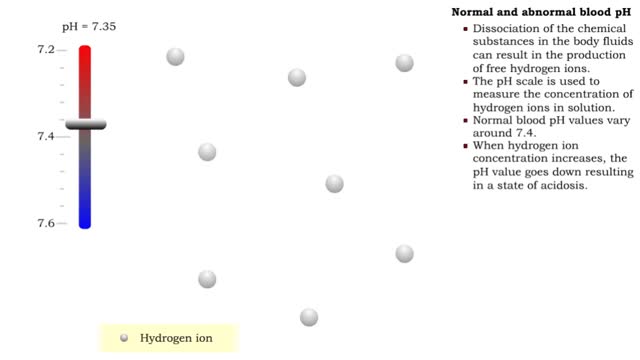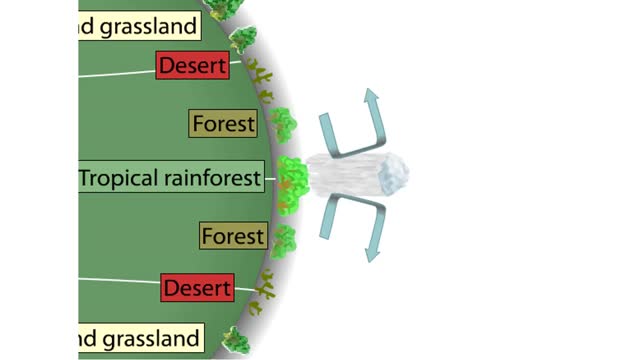Search Results
Results for: 'The life cycle of protein'
Types of Transport - Uniport, Antiport and Symport (Glucose and Na+K+ Transporters)
By: HWC, Views: 11425
Some transport proteins bind and transport molecules very selectively. Uniport is the transport of one solute molecule. Symport is the transports of two solute molecules in the same direction. Antiport is the transports of two solute molecules in opposite directions. 1. Glucose bin...
ATPase function - membrane transport, contractile proteins and synthesis
By: HWC, Views: 12163
• Energy from ATP is used to move ions across the cell membrane during active transport. • This membrane protein transports sodium out of the cell and potassium into the cell. As such, it is called a sodium-potassium pump. • Because this pump also acts as an enzyme to hydrolyze ATP it i...
Second Messengers in the Inositol-lipid Signaling Pathway
By: HWC, Views: 10875
Extracellular signals produce specific responses in target cells through the action of intracellular second messengers. Here, we focus on three second messengers, IP3, DAG, and Ca2+, all involved in the inositol-lipid signaling pathway. A hormone-receptor signal on the cell surface leads to the a...
By: HWC, Views: 11860
The endocrine system maintains many body conditions within normal limits with feedback loops. Each endocrine feedback loop maintains homeostasis using the following components: • Stimulus - a change in a body condition. • Production cell - an endocrine cell that produces a hormone after b...
Electrical changes in the heart
By: HWC, Views: 11558
• ECG: Graph of the voltage changes that occur during the cardiac cycle. • Readings are taken by electrodes placed on the surface of the body. • Electrodes detect voltage changes caused by the electrical activity of the heart. • P wave = atrial excitation (atrial depolarization). ...
ACTH/Cortisol (glycogenolysis, protein catabolism, lipolysis and gluconeogenesis)
By: HWC, Views: 11662
• A decline in blood glucose concentration stimulates corticotropic cells in the anterior pituitary to produce adrenocorticotropic hormone (ACTH). • ACTH binds with cells in the zona fasciculata of the adrenal cortex. • Increased ACTH promotes the production of cortisol, the major gluco...
By: HWC, Views: 11822
• Dissociation of the chemical substances in the body fluids can result in the production of free hydrogen ions. • The pH scale is used to measure the concentration of hydrogen ions in solution. • Normal blood pH values vary around 7.4. • When hydrogen ion concentration increases, t...
Four Giant Convection Cells oF Earth
By: HWC, Views: 10999
Earth Has Four Giant Convection Cells Earth's climates range from dry and cold at the poles to wet and warm at the equator. These climates are dictated largely by the amount of solar radiation that a region receives. Solar radiation warms the Earth and the surrounding air, setting up convection c...
Interview with Person having Obsessive Compulsive Disorder
By: Administrator, Views: 14624
Obsessive–compulsive disorder (OCD) is a mental disorder in which a person feels the need to perform certain routines repeatedly (called "compulsions"), or has certain thoughts repeatedly (called "obsessions"). The person is unable to control either the thoughts or activities for more than a sh...
Advertisement



